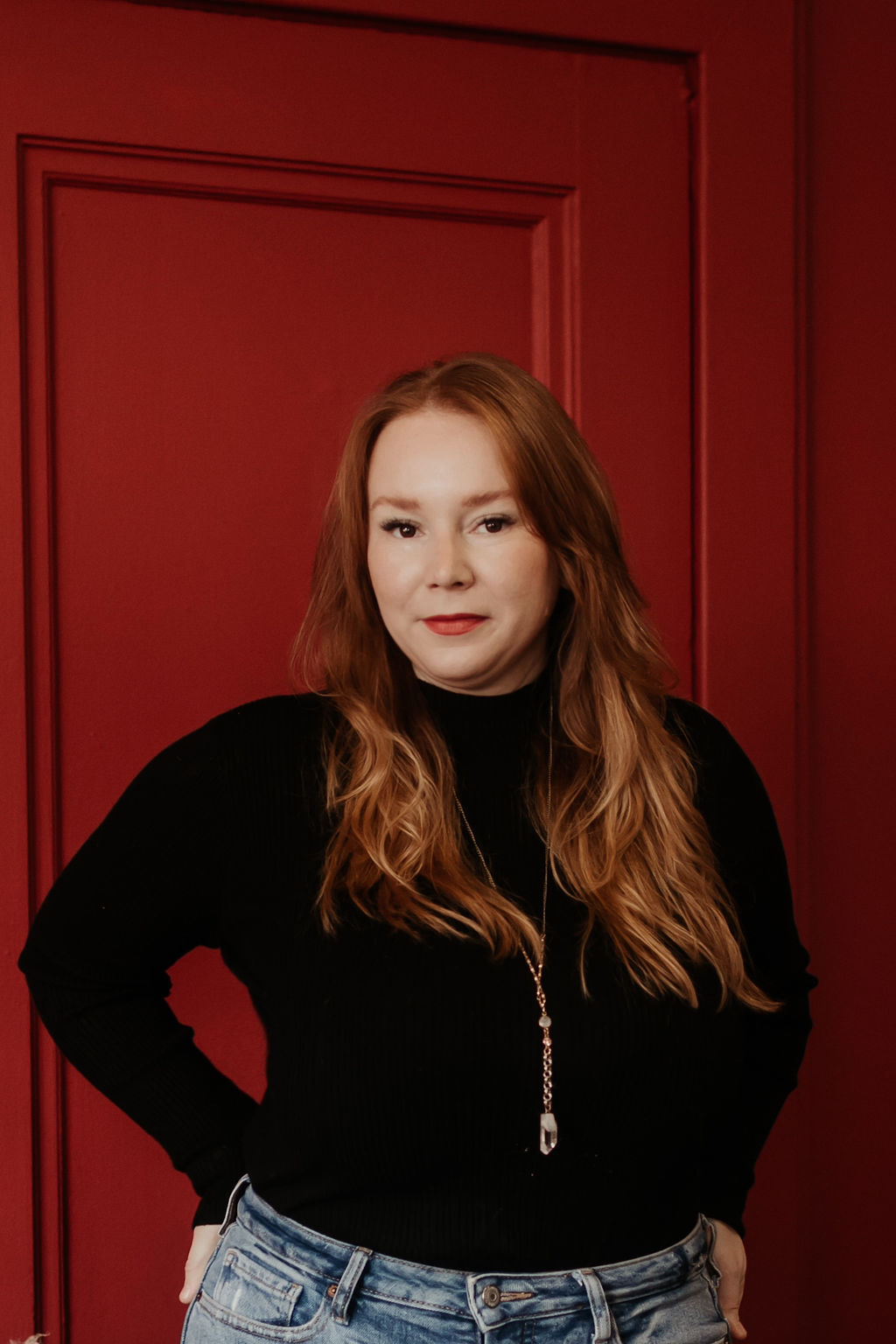I did not feel I had arrived until I was met with motherhood.
By the age of 33, long had been the months and years that I was tired of myself—of my routines, of purposeless weekends of partying. I had (and still have) a career that creatively challenged and fulfilled me; I had transformative travel experiences and bucket list moments. And I still wanted more.
But when faced with the idea of becoming a mom, I had no warm and fuzzy feelings that this is what I was destined to do. In fact, I had complicated feelings about societal expectations put on women to procreate, and the misogyny that seemed to follow us no matter the choices we make.
Meeting other people’s babies never made my heart or ovaries swell. While friends would coo over random babies on the street or in restaurants, I’d be more enthused about a funky flavour of crème brûlée.
I was, at best, ambivalent about child-rearing, but with a few periods that inevitably came a few days late, also came a little heartbreak. And so I decided I wanted to give it the ol’ college try.
I had a vague idea of the kind of parent I wanted to be, but terms like “authoratitive parenting” or “permissive parenting” eluded me—and they still do. Uncharacteristically, I had diligent plans to have an orgasmic, pain-free home birth. I had the doula and the midwives, the birthing tub, and 10 weeks of an instructive online course to prepare me for what was about to be the most transformative moment of my life.
But it didn’t work out, and I said “fuck it” to trying to over-plan parenthood ever again.
The scene was set for my personal brand of messy motherhood.
You see, the most emphatic moments are not the ones we’re instructed to construct. For me, birth was a 43-hour-long defeating marathon that didn’t yield the magical, mythical “I’m so in love” moment. Instead of weeping with joy at my daughter’s arrival, I winced in frustration at my dashed plans for a medical intervention-free birth.
In motherhood, the most fulfilling moments are the quiet and mundane—like when my daughter curls up on my lap while watching TV or when she gives me little kisses on the mouth and mimics my “awww” or when she shows her big personality, swaying to the music while she eats her favourite breakfast: sausages dipped in runny eggs.
Being a parent has also surprised me in how I interact with myself. Perenially critical of my own looks, I learned to like myself more as I saw my own face reflected back at me through my beautiful daughter. How could I continue to hate myself when so much of me was mirrored in this perfect creature?
Maybe I’m too laissez-faire in some ways. I cannot bring myself to give two shits about screentime; I can (and do) happily devour hours of Disney films and Paw Patrol with my sweet thing.
I feel similarly about sleep training. In our first year together, I couldn’t bear to let myself get a good night’s sleep without curling up beside her tiny body—despite the many articles that warn against co-sleeping. If I put her down to sleep in her own crib for the first 11 months, I was plagued by intrusive thoughts that she would suddenly stop breathing. I’d run to her bedroom and poke her in the mouth until she woke up, and then I’d bring her into bed with my husband and me. She became spoiled by sleeping with us, and I don’t regret it one bit.
As for meals, she doesn’t like to be spoon-fed because she’s an independent woman and she can do it her damn self. The messier her highchair is, the more elated I am that she’s happily exploring tastes and textures on her own.
And don’t get me started on bed times. Many people try in futility to conceal their disapproving gasps when I say she doesn’t really have one.
Our nightly routine consists of bath time and brushing her teeth, followed by some reading (oftentimes she grabs the book out of my hand and babbles along as if she is reading it to herself), and then snuggling on the couch until she passes out on my chest. The time in which this happens is non-prescriptive. It could be at 8 or 9 or 10 or even later, depending on the day.
I give her the freedom to explore—the way I give myself freedom to keep the reins loose—because, just like her birth, she will get to where she needs to be on her own schedule. Her childhood will be imperfect and messy, marked by unconditional love. I trust she’ll let me know what she needs when she needs it.
This station of messy motherhood is where I find myself most comfy, and I know I have arrived.




